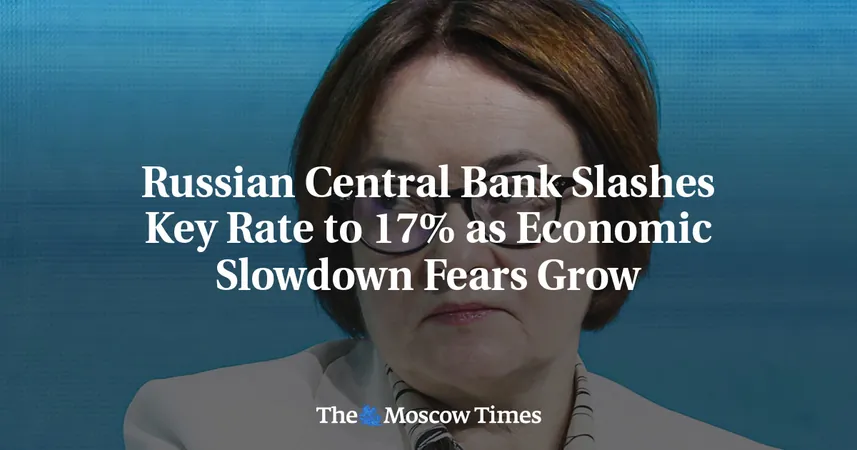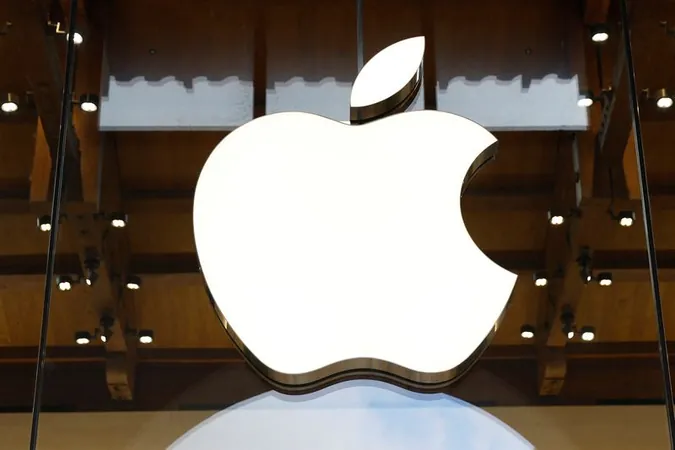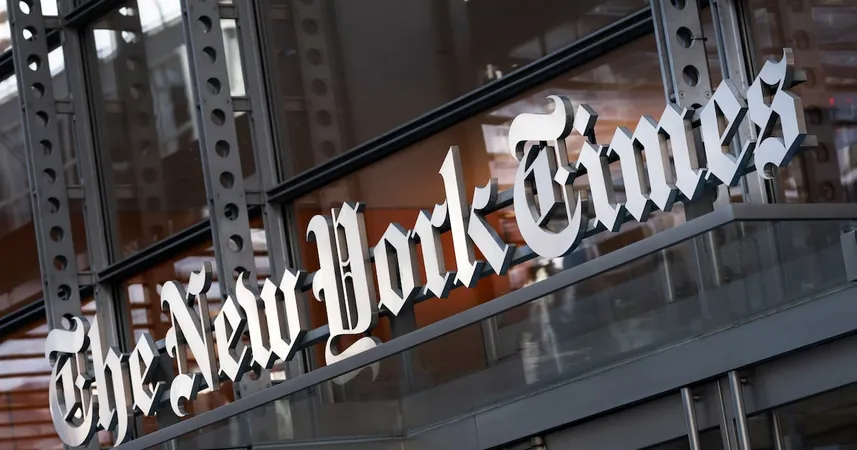
Russia’s Central Bank Cuts Key Rate to 17% Amid Economic Concerns
2025-09-12
Author: Charlotte
Urgent Move by Russia’s Central Bank
In a decisive action to address economic challenges, Russia’s Central Bank has reduced its key interest rate by 1%, bringing it down to 17%. This marks the third cut this year, aimed at alleviating pressures from high borrowing costs as the economy increasingly shows signs of slowing.
Cautious Approach to Rate Cuts
After spiking to a staggering 21% in September 2024 to combat rampant inflation—driven largely by military expenditures—the Central Bank has approached rate reductions with caution. Despite easing the rate, the Bank has vowed to maintain a stringent monetary policy as inflationary pressures remain significant, with the annual inflation rate sitting at 8.2%, more than double the targeted 4%.
Stubborn Economic Slowdown
Recent assessments indicate the economy is cooling faster than anticipated. Russian GDP in the second quarter of 2025 grew by only 1.1% year-on-year, a stark decline from 4.1% growth in the same quarter last year. Business leaders, including Sberbank CEO German Gref, have voiced concerns that sustained high interest rates could push the economy into recession.
Mixed Signals in Business Activity
The Central Bank acknowledged the economy's slowdown while noting that certain sectors still display positive growth. Domestic demand appears to be holding strong, buoyed by rising household incomes and increased government expenditures. Nonetheless, export-driven industries are facing considerable challenges.
Government Struggles with Budget Deficits
The financial strain on Russia’s state finances is becoming evident, with the federal budget deficit reported at 4.88 trillion rubles ($61.1 billion) between January and July, surpassing the government’s yearly target. Contributing factors to this decline include downward trends in global oil prices and ongoing geopolitical tensions.
Future Rate Predictions and Market Reactions
While experts forecast a possible further reduction in the key rate to 15% by year-end, the market reacted negatively to the recent rate cut. The MOEX stock index fell by nearly 2%, and the ruble weakened against the dollar, reflecting investor caution. The Union of Industrialists and Entrepreneurs expressed hope for a more substantial decrease in rates to encourage business investment.
A Step in the Right Direction?
Despite the mixed reactions, industry leaders are viewing this rate cut as a preliminary step towards easing financial burdens. Alexander Shokhin from the Union of Industrialists emphasized the need for more aggressive cuts to foster a climate conducive to investment, signaling the necessity for a broader strategy to combat the economic challenges ahead.









 Brasil (PT)
Brasil (PT)
 Canada (EN)
Canada (EN)
 Chile (ES)
Chile (ES)
 Česko (CS)
Česko (CS)
 대한민국 (KO)
대한민국 (KO)
 España (ES)
España (ES)
 France (FR)
France (FR)
 Hong Kong (EN)
Hong Kong (EN)
 Italia (IT)
Italia (IT)
 日本 (JA)
日本 (JA)
 Magyarország (HU)
Magyarország (HU)
 Norge (NO)
Norge (NO)
 Polska (PL)
Polska (PL)
 Schweiz (DE)
Schweiz (DE)
 Singapore (EN)
Singapore (EN)
 Sverige (SV)
Sverige (SV)
 Suomi (FI)
Suomi (FI)
 Türkiye (TR)
Türkiye (TR)
 الإمارات العربية المتحدة (AR)
الإمارات العربية المتحدة (AR)